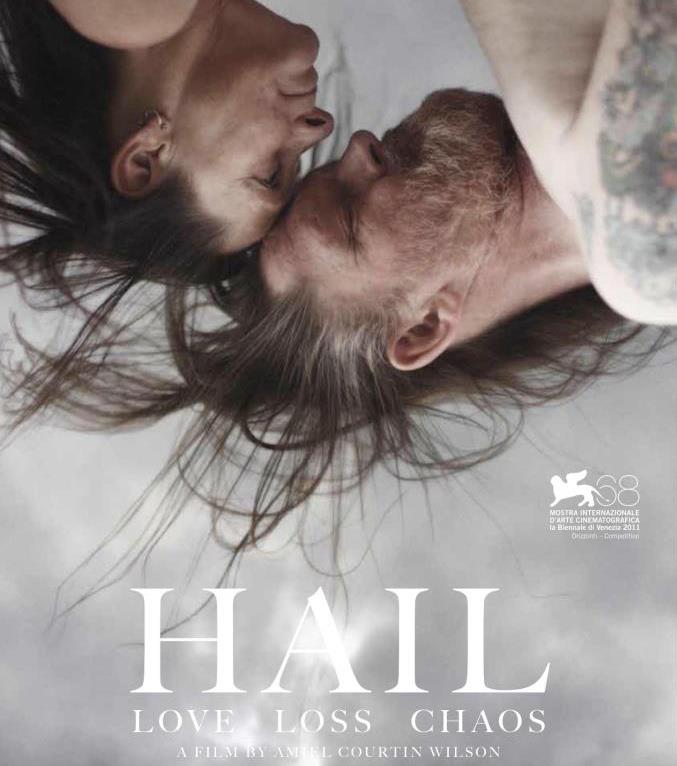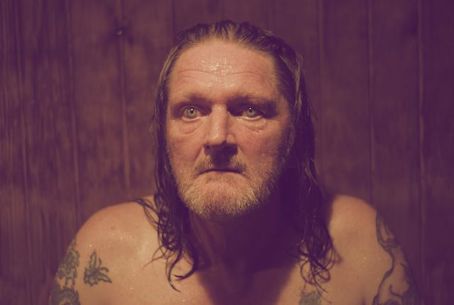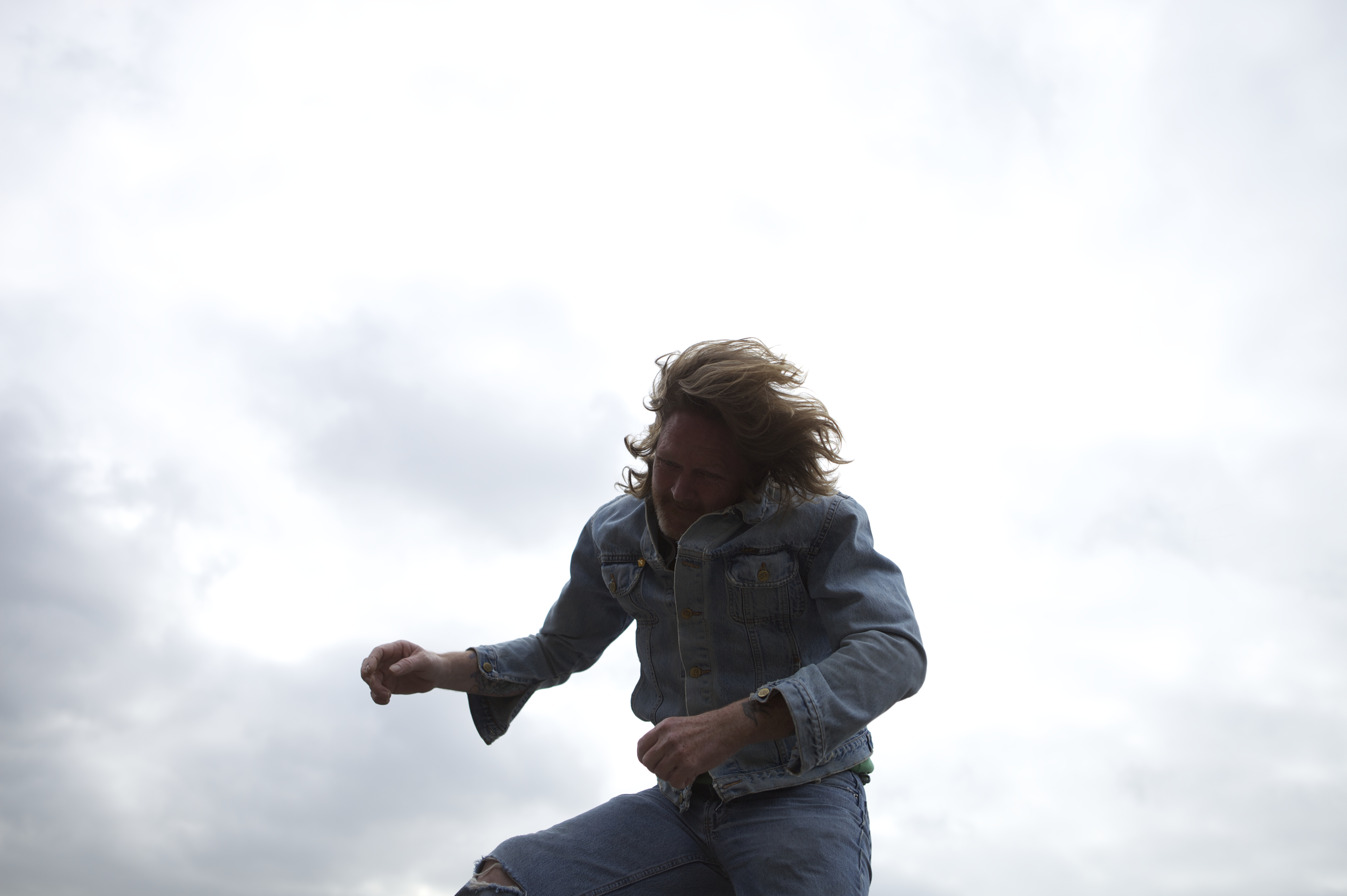
HAIL (Amiel Courtin-Wilson, 2012, Australia)
Filmmakers have been exhausting themselves for years to try and capture scenes that feel like real life. The notion of “reality” in cinema is something that has always been sought after by movie craftsmen but most often remains out of reach. One of the most intriguing ways in which this impulse has been explored is through using documentary techniques and non-actors within a narrative framework. Never has that technique yielded a more distinctive and unique vision than in Amiel Courtin-Wilson’s HAIL. The film follows the exploits of ex-con Daniel P. Jones, played by actual ex-con Daniel P. Jones. Many of the details of the story are pulled from Daniel’s life but the important aspect of the film to note is that by casting him in the leading role it creates the feeling that every story development is in fact real.

The beginning of the work on HAIL started with a documentary that found the director filming Daniel shortly after he was released from jail. Over the course of several years the two developed a bond and a working relationship that would inspire the feature film that is now finally reaching audiences. The performance that we witness can only be the product of several years of trust-building, it is naked and raw in the truest sense. What we see is a man reliving traumatic scenes from his own life with a lens trained to look for every subtlety, every ounce of humanity. Moments that were undoubtedly painful when they originally occurred are lent a broader range of emotions because of the natural empathy created by cinema. The constant push and pull between what is real and what is staged forces us to consider what is happening onscreen with a level of complexity that we might be able to avoid if we witnessed it on the street.

By establishing a sense of authenticity with the performers and setting, Courtin-Wilson is free to experiment with unconventional techniques and occasional flights of surrealism. There is a recurring vision of a horse spiraling through the air as if dropped out of an airplane. Moments like this are presented without explanation, they exist purely to allow the audience to spend some time in their own headspace. There are similar sections in which we see Daniel and his girlfriend (on and offscreen) Leanne intensely facing one another in slow motion. There is no forward momentum to speak of in these scenes, just an opportunity to observe an intimate moment between our leads. The blend of obvious reality with undeniable unreality creates a tension that isn’t unlike the suspense found in a more conventional thriller. What makes the film so unique is that it inspires familiar emotions in ways that are completely unfamiliar. You arrive at your expected destination but the path is freshly paved for you each step of the way.
Josh Johnson
Josh Johnson is the director of REWIND THIS! Follow the film’s progress by clicking here.
- [THE BIG QUESTION] WHAT’S YOUR FAVORITE FEMALE ENSEMBLE IN MOVIES? - July 22, 2016
- [IN THEATERS NOW] THE BOY (2016) - January 24, 2016
- Cult Movie Mania Releases Lucio Fulci Limited Edition VHS Sets - January 5, 2016





No Comments